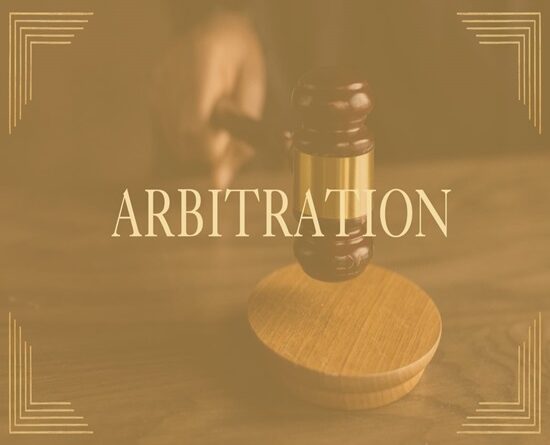Section 33 – Arbitration Act – time line – Clarification Order
On 11.11.1983, there was contract. It could not be completed till March 1990 for non-availability of the site and the work had to be closed in incomplete form.
The last payment of Rs.4,71,48,122 was made to the respondent on 9.2.1988. Thereafter no payments were made. The final bill was not paid giving rise to the dispute.
On 16.12.1997 the Arbitral Award was passed for various claims and the counter claim was allowed to the extent of three heads. After adjusting the allowed claims, Rs.1,70,70,720.80 was awarded to the respondent with simple interest at 18% from 1.4.1990 till actual payment.
In the petition of 1998 for execution of Arbitral Award, the learned Single Judge framed the question as to whether post-award interest under Section 31(7) of AA is to be calculated principal sum adjudged or on principal sum plus interest on the principal sum.
In the meanwhile, section 34 petition of the appellant was rejected on 8.1.2002. Section 37 appeal of the appellant was dismissed on 14.3.2002. This was confirmed by the Supreme Court on 3.2.2010.
Thereafter, the Arbitration had issued the clarification on 15.3.2005 of granting compound interest.
Section 31(7)(b) of AA would not apply since the award provided for post-award interest.
HELD that in the absence of the contract, Section 31(7)(a) and (b) have full effect. The sum awarded would mean the principal amount plus the interest awarded from the date of cause of action upto the date of the award. Thereafter, as per Section 31(7)(b), the sum (principal plus interest) would carry interest at 18% from the date of the award to the date of payment. This would be consistent with the law laid down in M/s. Hyder Consulting (UK) Ltd. (2015 (2) SCC 189).
Judgment dated 17.12.2024 of the Supreme Court in Civil Appeal No.1878 of 2024 of North Delhi Municipal Corporation Vs. M/s. S.A. Builders Ltd.
Section 33(1) – This is a case where the Court had permitted the respondent to seek clarification from the learned Arbitrator after 6 years i.e. beyond the period of 30 days. The learned Arbitrator issued the clarification beyond the initial period of 30 days. The appellant fully participated in the clarificatory proceedings. Thus, the present case would be governed by the expression “unless another period of time has been agreed upon by the parties”. Therefore, the learned Arbitrator does not become functus officio.




